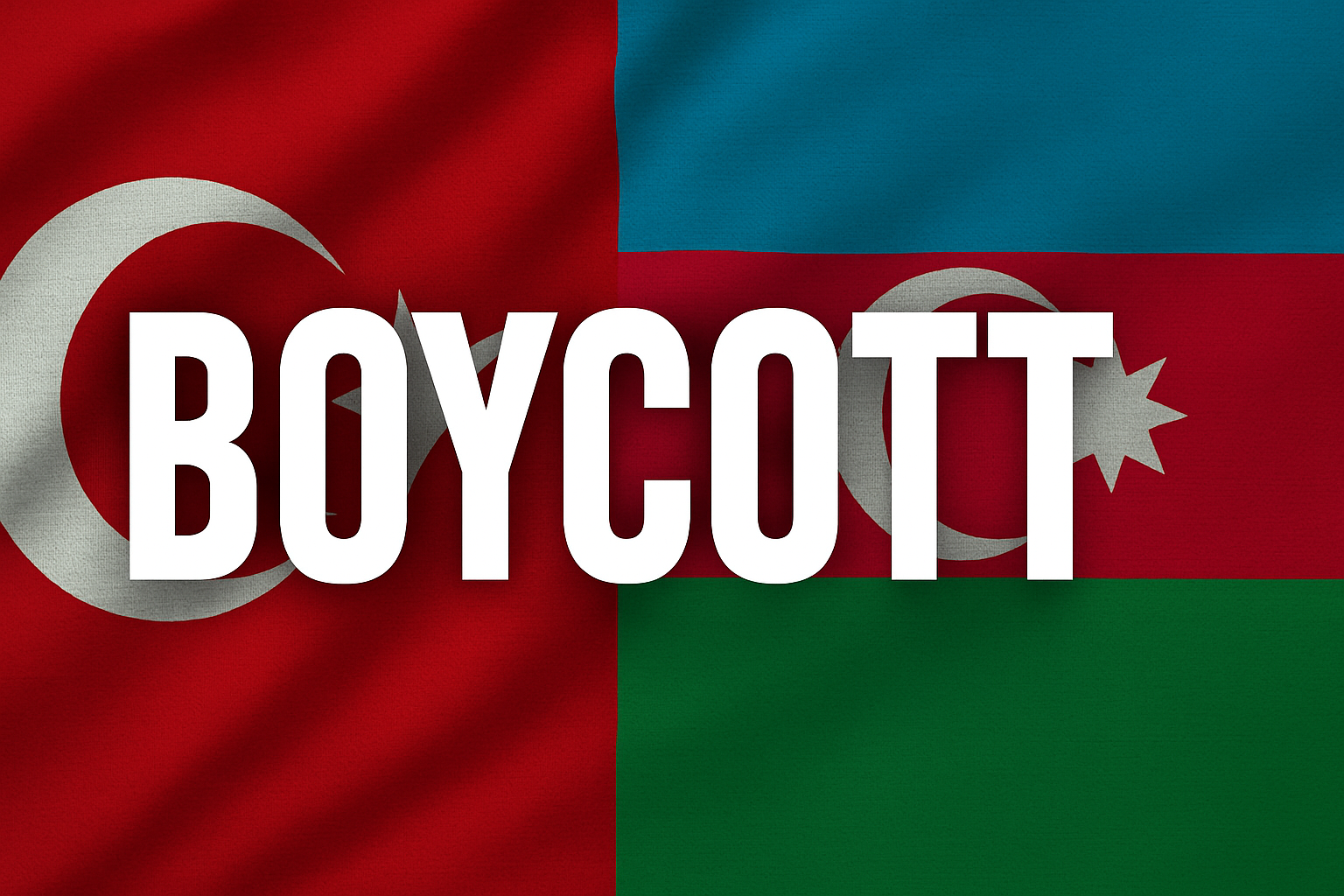New Delhi – Amid escalating geopolitical tensions with Pakistan, Indian travelers are making a noticeable shift in their international travel preferences—favoring destinations aligned with India’s diplomatic stance. In the spotlight now are Armenia and Greece, two nations strengthening ties with India, while Turkey and Azerbaijan are facing a rising wave of boycotts due to their support for Pakistan following the deadly Pahalgam attack on April 22, 2025.
A Shift Driven by Politics and Patriotism
The backlash in India against Turkey and Azerbaijan gained momentum after both nations publicly backed Pakistan following the Pahalgam incident and India’s subsequent military operations. These statements provoked a public outcry and calls for boycotts across sectors, particularly targeting travel and tourism. Major travel providers in India have responded swiftly.
Among the first to react, Holidays Hunt, a prominent travel company with deep roots in Kashmir tourism, acted decisively—halting its Turkey and Azerbaijan packages entirely. The company has since reoriented its offerings toward friendlier destinations such as Armenia and Greece. The decision, according to insiders, aligns with growing demand among Indian travelers for destinations that resonate with national sentiment, safety, and diplomatic harmony.
Other major Indian platforms, including EaseMyTrip and Cox & Kings, have followed suit, canceling or suspending packages to Turkey and Azerbaijan, citing declining interest and shifting consumer mood.
Armenia and Greece: New Favorites for Indian Travelers
India’s growing diplomatic and defense relationship with Armenia is one of the main reasons for its surge in popularity. Since 2020, both countries have engaged in key defense deals, joint military initiatives, and cultural exchanges. The Indian diaspora and curious young travelers are increasingly exploring Armenia’s historic cities, scenic highlands, and warm hospitality.
Similarly, Greece, with its iconic islands, Mediterranean charm, and deep historical links with India, is experiencing a notable rise in Indian tourists. The country’s collaborative efforts with India in sectors like trade, energy, and defense have further strengthened the diplomatic bridge, making it a top European choice. Destinations like Athens, Mykonos, and Santorini are seeing rising demand from Indian travelers, families, and honeymooners.
The Economic and Diplomatic Ripple Effect
In 2024, over 330,000 Indians visited Turkey and about 240,000 traveled to Azerbaijan. A sharp decline is expected in 2025 as the boycott strengthens. With Indian tourists known for high spending and year-round travel, the revenue loss for these nations could be substantial.
Conversely, Armenia and Greece stand to gain economically and diplomatically. Tour operators are noting increased bookings, cultural tourism campaigns, and new direct routes. Holidays Hunt, for instance, has expanded its Armenia and Greece tours with curated experiences tailored for Indian travelers, without aggressively marketing it as a “replacement” destination—keeping the transition subtle yet strategic.
The Broader Implications
This shift highlights a growing trend where global tourism choices are directly influenced by geopolitical alliances and national sentiment. Indian travelers are no longer just choosing destinations for beauty or affordability—they’re looking at the political climate, cultural alignment, and shared values.
Looking forward, the tilt towards Armenia and Greece could strengthen India’s soft power and economic footprint in both regions. Expect deeper cooperation in tourism, trade, and diplomacy, with travel companies like Holidays Hunt playing a key role in bridging cultural and consumer ties.
As tensions rise and alliances shift, the Indian travel narrative is evolving. Armenia and Greece have stepped up as not just picturesque destinations, but as partners in India’s global journey. The message from Indian travelers is clear: where politics matter, so do travel choices.

